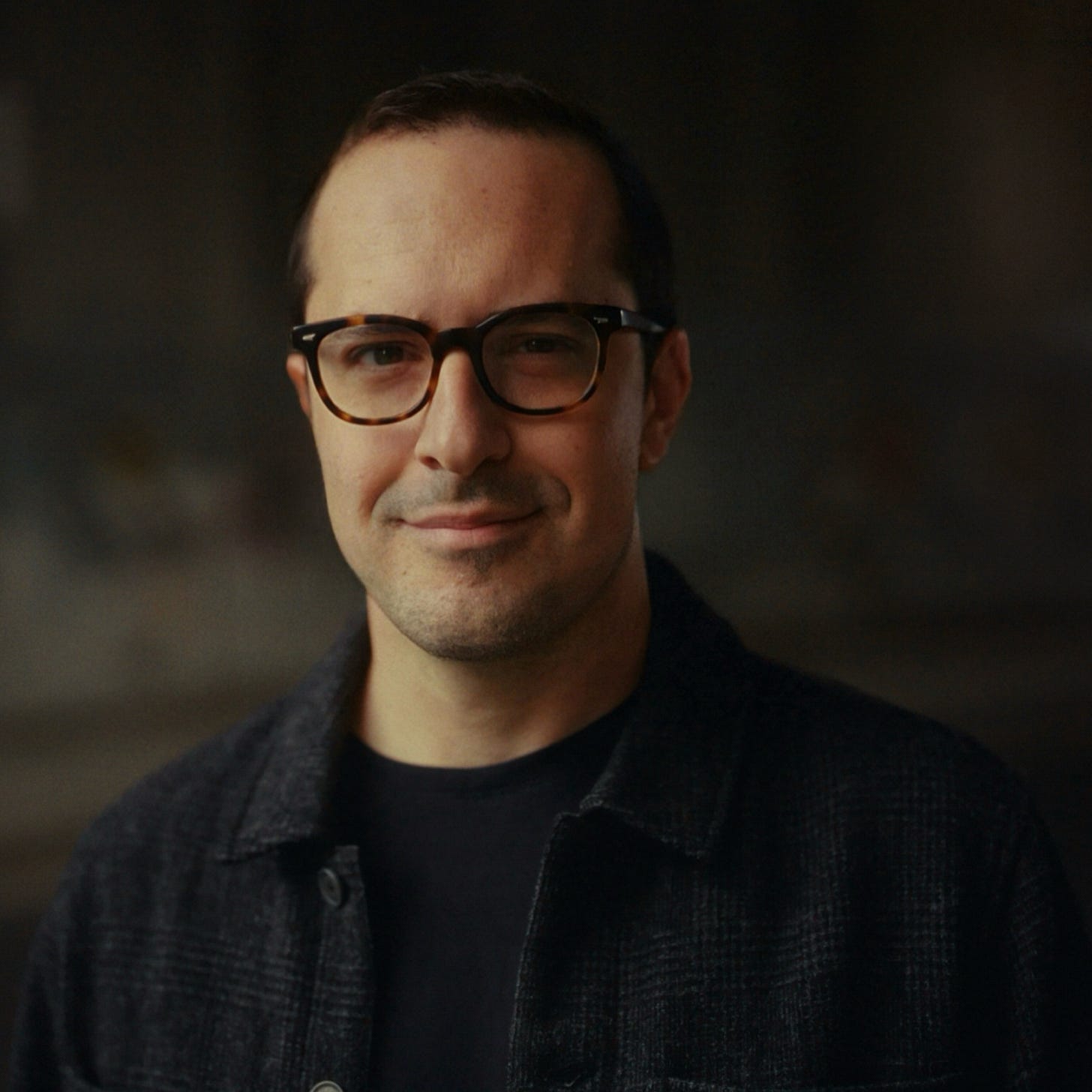CR 064: Steven Feinartz Discusses His Marc Maron Doc, ‘Are We Good?’
The director-producer on his long journey to bring Maron’s story of grief and humor to the screen.
When director Steven Feinartz was approached by producer Julie Seabaugh in early 2021 about making a documentary on Marc Maron, he was hesitant. Just a year prior, Maron’s partner, director Lynn Shelton, had died suddenly and unexpectedly from a rare blood disease. In the months after her death, which occurred early in the pandemic, Maron openly shared his grief on his long-running podcast, WTF with Marc Maron, as well as in frequent Instagram Live videos. Still, Feinartz says the idea of making a feature-length film about the actor-comedian at that time in his life gave him pause. “You don’t want to exploit somebody’s grief,” he says. “There’s a fine line of how you handle something like that.”
Still, he knew that if he was going to make something more than the standard puff piece, those early post-lockdown days, when Maron was finally returning to the comedy stage, was the best time to start. “I knew it was the best access into doing a doc on M…
Keep reading with a 7-day free trial
Subscribe to Creative Reverberations to keep reading this post and get 7 days of free access to the full post archives.



